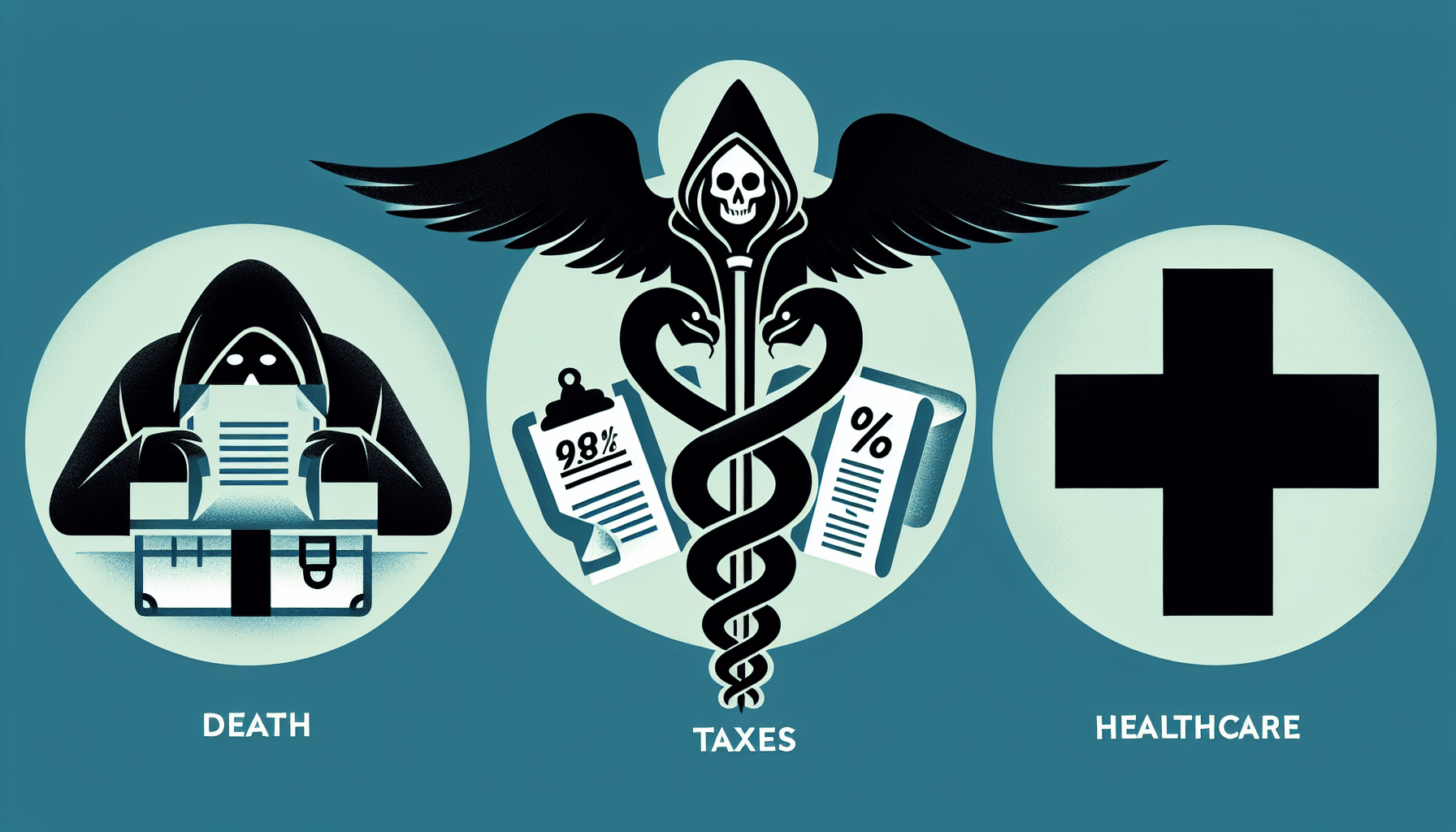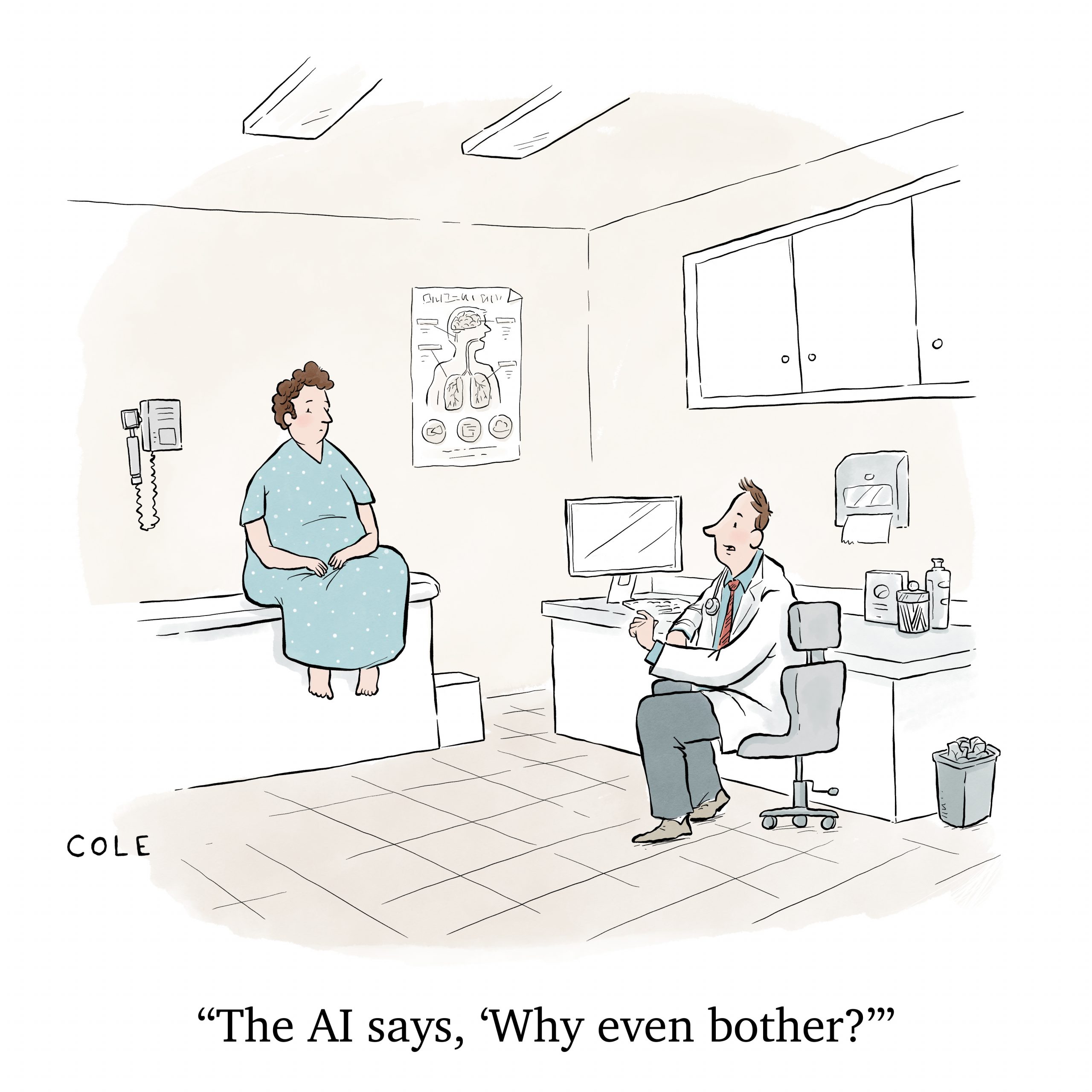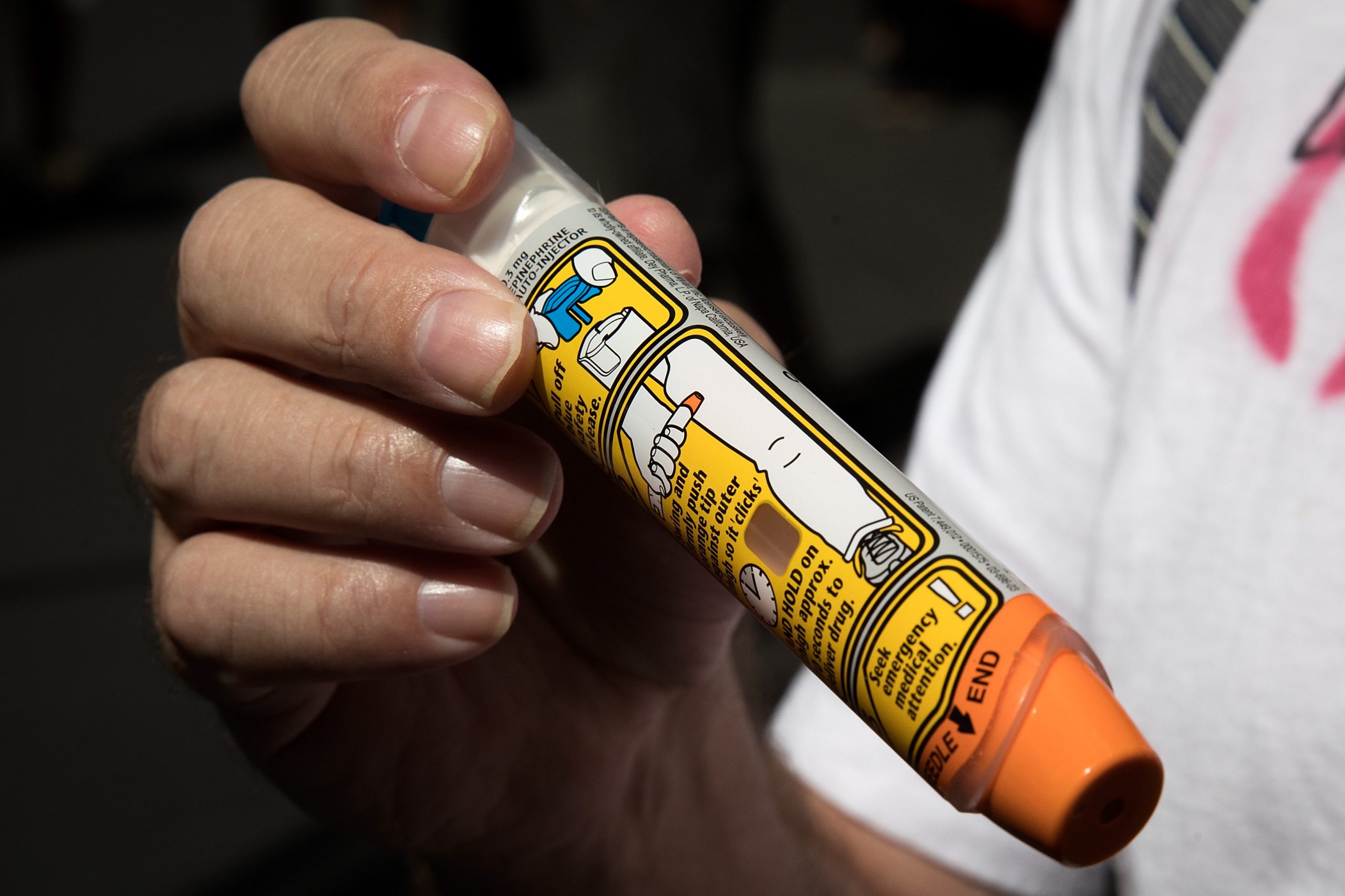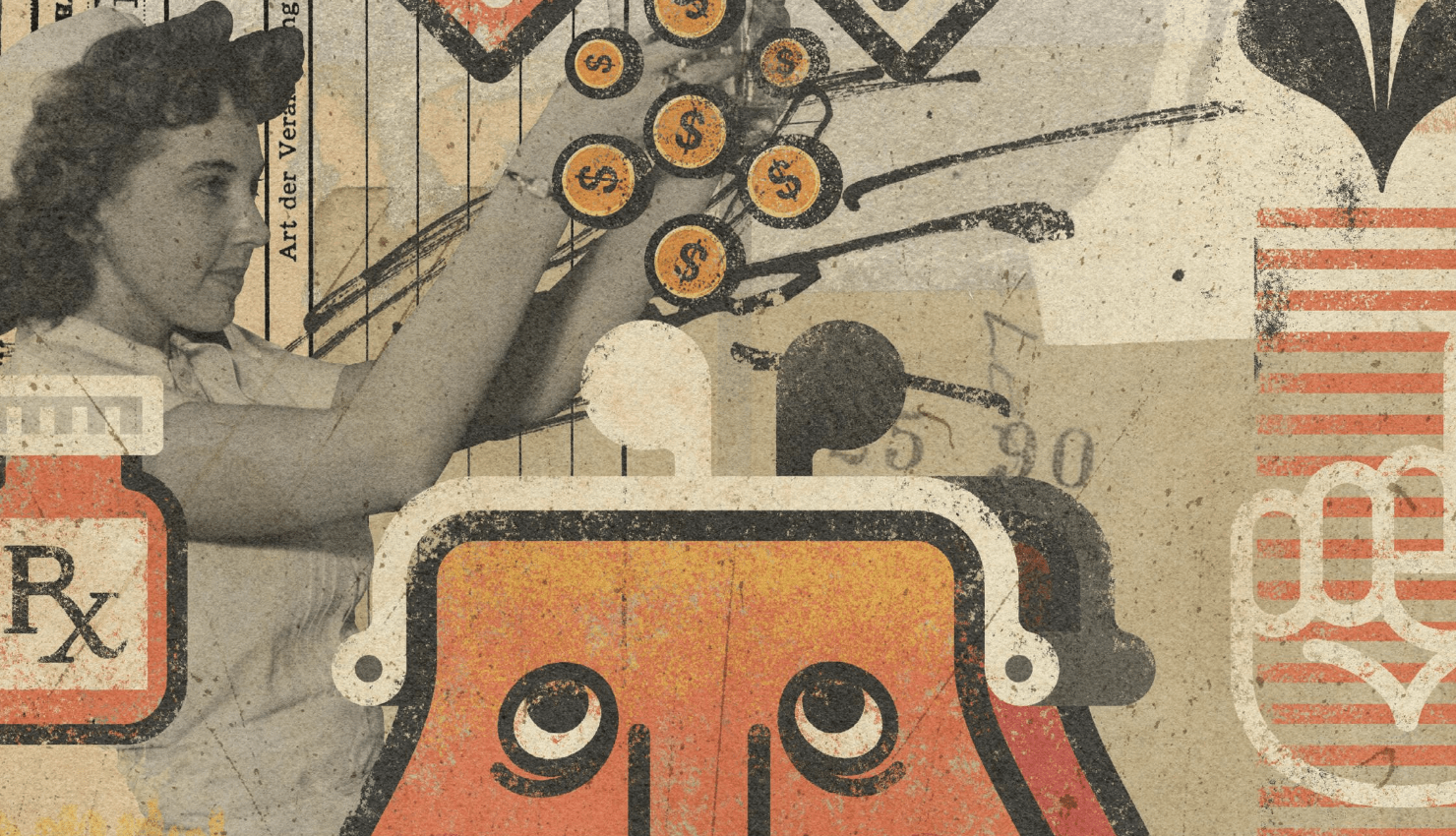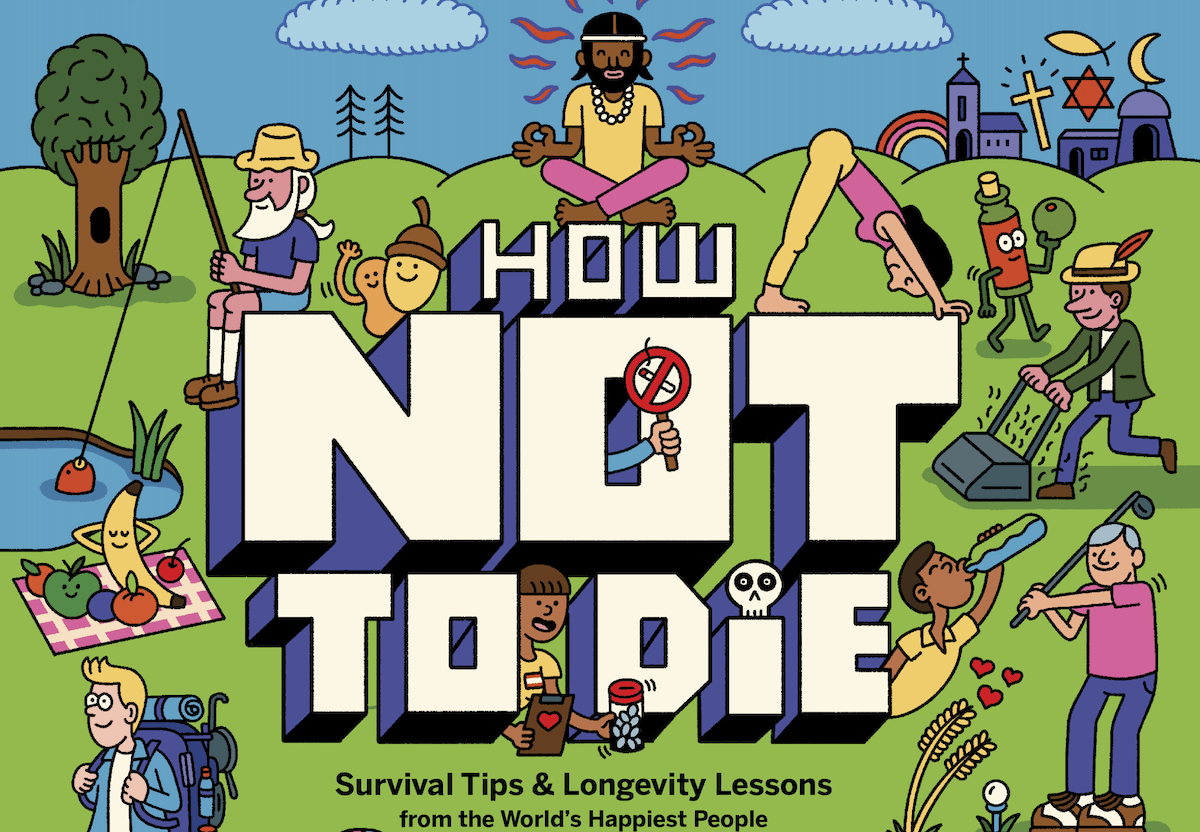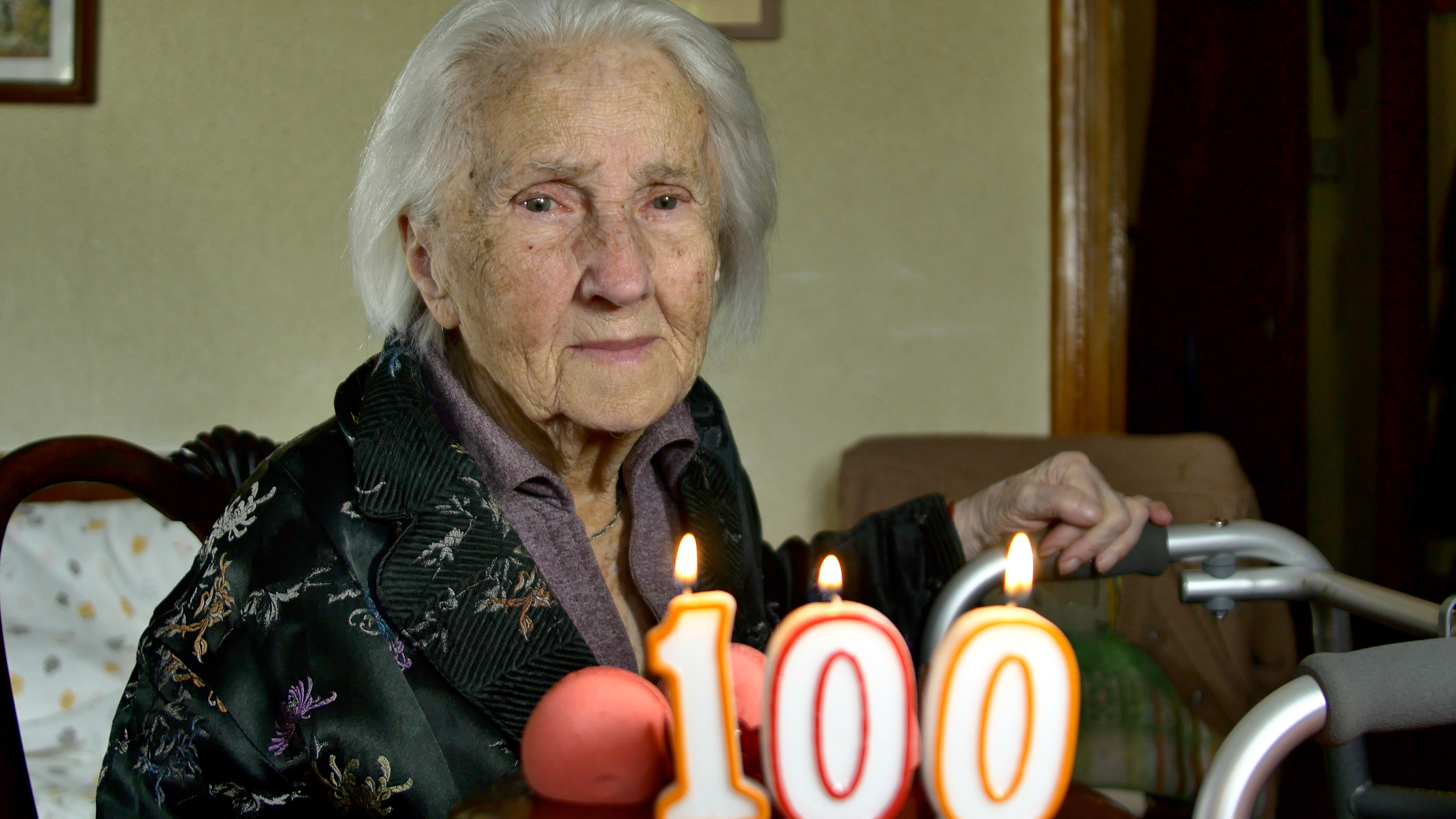Increasing Your Immunity
No single factor magically boosts immunity. To make living longer worth the effort, U.K.-based immunologist Jenna Macciochi concentrates on enhancing “health span” as well as “lifespan.” Her book, Immunity: The Science of Staying Well is scheduled for U.S. release in the near future. Curated insights from an advance copy are excerpted here.
We have an obsession with looking healthy and being well, and yet we are sicker and unhappier than ever before. That’s because our delicately balanced immunity is compromised by our ever-accelerating pace of life, with its relentless stress, pollution, overconsuming and under-moving.
Today, we’re more likely to die from a lifestyle-related disease than any other cause, and many of these would be preventable if we took better care of our health.
Play the long game to health by having a long-term plan and long-term goals. It’s about doing little things now, and every day, that set you up for the long term.
Numbers to know
Germs are no longer the enemy. In fact, 99% of those that surround us (and they are everywhere, all the time) do not cause disease.
Because vaccines don’t replicate the natural course of an infection 100%, they don’t all provide the same degree of immunological memory. Research shows 85%–95% are effective for most infections.
A sneeze produces 40,000 droplets, and you can get infected by inhaling just one.
Genetic predisposition accounts for roughly 30% of all autoimmune diseases, and the remaining 70% result of from toxic chemicals, diet, infections, digestive issues, stress and other lifestyle factors.
The long game
Preschoolers normally have up to eight illnesses per year. The figure may be even higher for children in day care or those who have older siblings.
From 1985 to 2001, the prevalence of asthma rose 100%. About 300 million people worldwide have asthma, 255,000 die from it annually and deaths could increase by 20% over the next 10 years.
A startling 74% of children who were given antibiotics before the age of two were, on average, nearly twice as likely to have developed asthma by the time they were eight.
Ageing’s not a programmed process. It’s a question of genes (about 25%), with the rest due to experiences, emotions and environment across the lifespan.
Disease
As much as we fear germs, the bugs comprising our microbiota are actually our biggest health allies. Our lifelong task of trying to balance our immunity means relying heavily on certain exposures to good germs for proper calibration.
Every one of us is home to 38,000,000,000,000 (that’s 38 trillion) microbes—our microbiota—accounting for half of each of us (by cell count).
High dietary fiber consumption brings a 30% decrease in death from all causes, particularly some of the top killers, including heart disease and Type 2 diabetes. Eating a fiber-rich diet is linked to reduced risk of colon cancer and can reduce inflammation associated with joint pain and arthritis.
Sleep
We neglect arguably the most important pillar of health—the foundation upon which all the others sit: sleep. Some good signs of getting enough sleep would be waking up without an alarm clock, not needing caffeine to keep you going and being alert throughout the day.
The definition of good-quality sleep is being asleep for more than 85% of the time you’re in bed, waking up no more than once per night and for fewer than 20 minutes.
People experiencing inadequate sleep are also more likely to suffer from chronic diseases, such as hypertension, diabetes, depression and obesity.
A single night of poor sleep can lead to 70% decrease in natural killer cells—our first-line defense against viruses and potentially cancerous cells.
Short sleep, difficulty falling asleep and difficulty staying asleep increase Type 2 diabetes risk by 28% 57% and 84% respectively.
Short sleepers have a 45% increased chance of developing obesity.
Mental health
The link between immunity and psychology is a two-way street. We know, for example, that people who have had heart attacks as a result of inflammation in the arteries have a 50% increase in depression. And depression is a risk factor for heart disease and poor recovery from a heart attack.
In one study, 39% of participants had more than one flare-up of allergy symptoms that correlated with periods of higher stress.
Intelligent movement
Moving is one of the best things we can do for our bodies. It is the cornerstone of a proper lifestyle and is (thankfully) seen as indispensable for good health, not just for looking good.
Lifting weights (or any kind of resistance work) is a hugely important part of exercise regimens, particularly as we age. Not only does it have significant functional benefits for healthy bones and joints, it’s also important for our muscle mass, which steeply declines as we age.
The best time to start exercising was 20 years ago—but the second-best time to start is now. Comparing a group in their 50s who had been training most of their lives to sedentary people who didn’t start until they were at least 50 showed both can perform to the same level.
Experts recommend at least 150 minutes of moderate aerobic exercise plus two bouts of muscle strength training per week. (A modern hunter–gatherer tribe in Tanzania, the Hadza, have approximately 135 minutes of moderate-to-vigorous physical activity per day.)
Nutrition
Vitamin C is a practically unavoidable component of a normal balanced diet and we can obtain our RDA (recommended dietary allowance) easily through consumption of fresh fruit and vegetables.
Vitamin A deficiency is not something we often deal with in developed nations and you can get this immune-nourishing vitamin from sweet potatoes, carrots, kale, spinach, red peppers, apricots, eggs or foods fortified with vitamin A, such as milk or cereal.
Phytonutrients are biologically active chemical compounds found in plants. They act as a natural pesticide, helping to protect plants from predators. So it’s no surprise that regular consumption helps to prevent us from getting sick too.
But food is much more than nutrients. It fulfils a profoundly social urge and is something that is almost always shared: people eat together, mealtimes are events when the whole family or friends come together. The best thing we can do with that information is use it to lead us back to the dinner table and to start enjoying food again.
